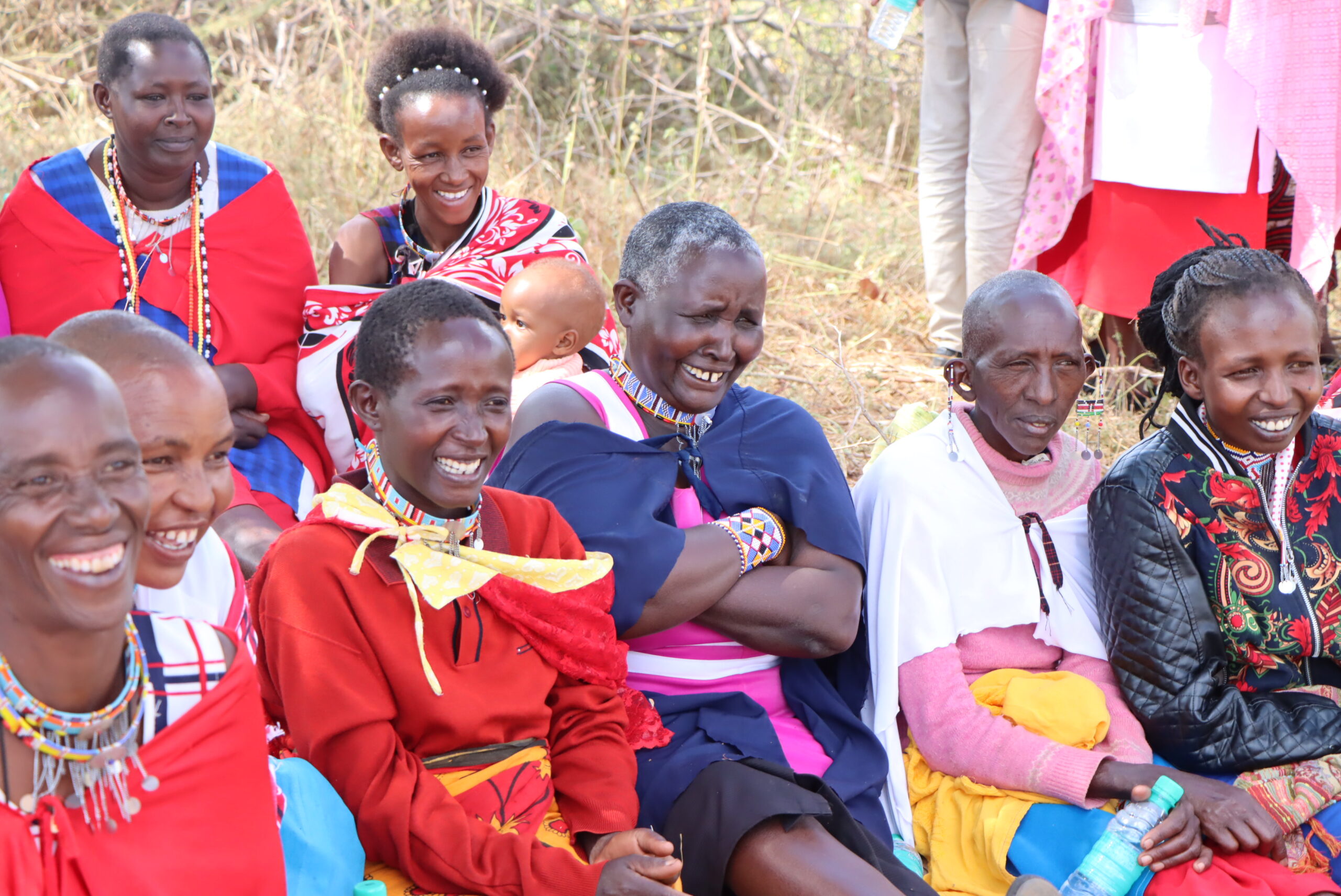Feminist humanitarian funding approaches in climate and disaster crises
1 p.m. ET / 12 p.m. CT

Women, girls and gender-diverse people are disproportionately affected by disasters, especially those who have preexisting vulnerabilities because of structural inequities. Women and children are 14 times more likely to die from a disaster than men. Transgender adults are twice as likely than cisgender adults to report being in poor health, which impedes full recovery after a disaster.
Yet funding to support women, especially in larger complex humanitarian emergencies (CHEs) is insufficient and usually does not go to women-led organizations. A feminist humanitarian response to crises and climate change is one way to address the root causes of women’s marginalization. It is also a way to ensure that all vulnerable groups are identified and prioritized for assistance, that they have delegated decision-making power, and that intentional efforts are made to ensure people from all marginalized groups participate in the decisions that affect them, as well as in the response and recovery efforts in the aftermath of a disaster.
This response works to elevate women’s voices and leadership within and outside of the mainstream humanitarian structures.
During this webinar, donors learned from a diverse group of feminists:
- What a feminist humanitarian approach means.
- The challenges and structural inequities in the current, mainstream humanitarian response structure.
- How donors can incorporate feminist principles and approaches in their grantmaking.
CDP’s Vice President of Strategy, Innovation and Special Projects, Nicole Behnam, moderated the discussion.
Panelists were:
- Anzhelika Bielova, President, Voice of Romni
- PeiYao Chen, President and CEO, Global Fund for Women
- Nadella Oya, Founder and Director of createfuturegood, Chair of the Caribbean Gender Alliance, and Co-convener of the Caribbean Humanitarian Partnership Platform
This webinar was co-sponsored by Philanthropy California, Alliance Magazine, Council on Foundations, Philanthropy New York and United Philanthropy Forum.
Please see the slide deck and watch the webinar recording to learn more:
